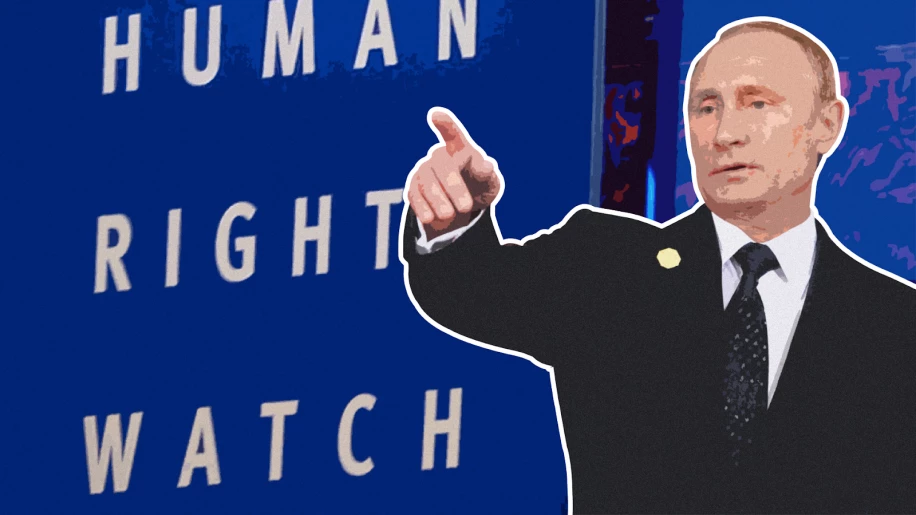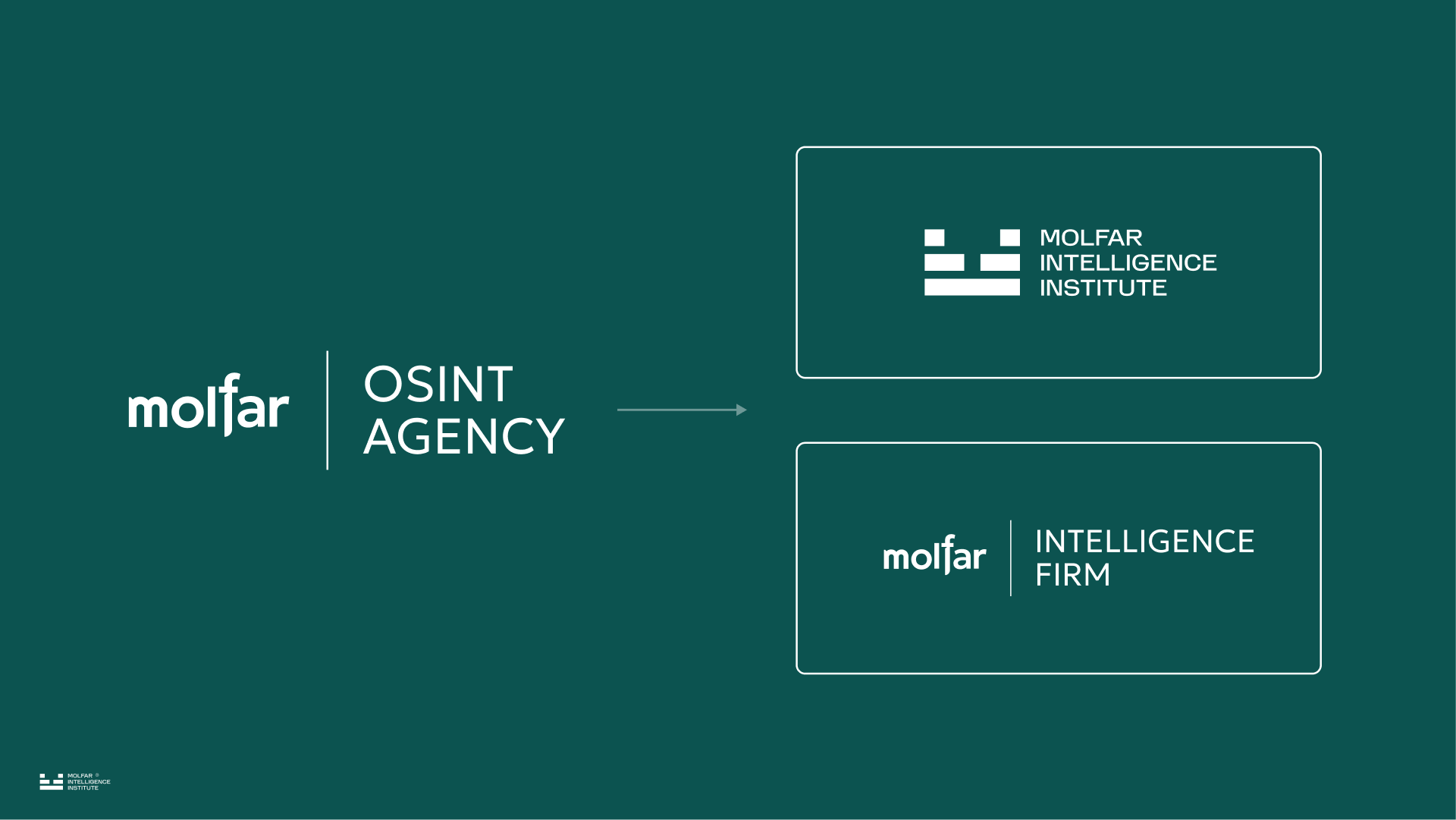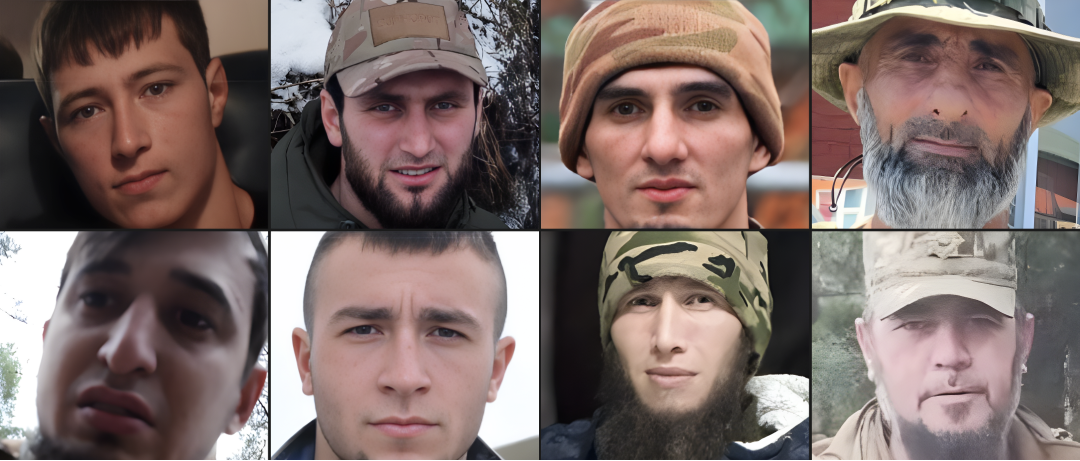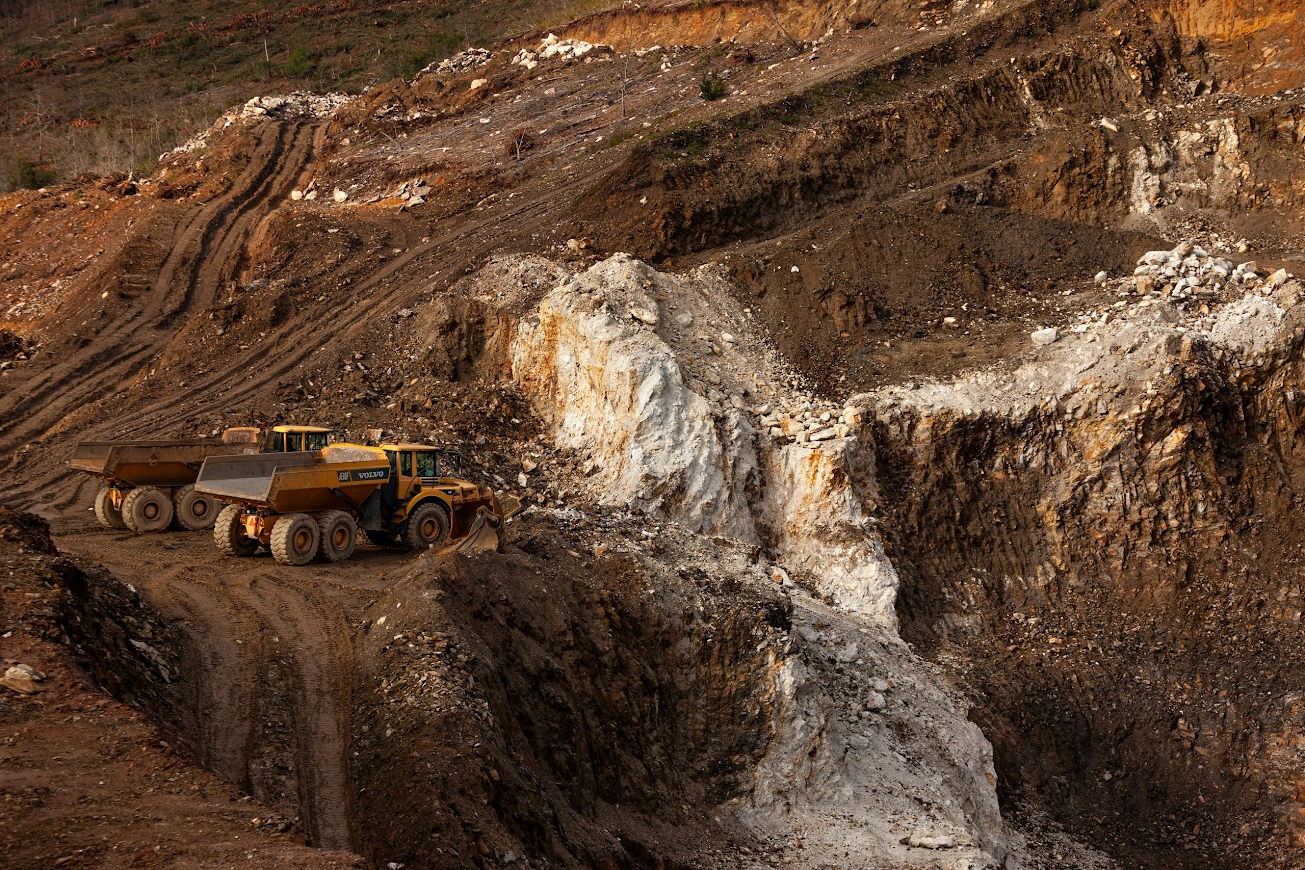Committed to the cause of human rights, Human Rights Watch bears a name with noble intentions. However, beneath this honorable facade lurks a dubious reality. In recent decades, the organization has frequently found itself at the center of scandals and under scrutiny, even from those who were among its original founders."
Since the onset of the full-scale Russian-Ukrainian war, Human Rights Watch has been releasing reports on the state of human rights in Ukraine. The analysts at OSINT agency Molfar have investigated the activities of Human Rights Watch. In this article, we'll detail what exactly was revealed by the analysis: connections with Russia, opaque financing, and ceaseless criticism from other human rights defenders. Ultimately, we will attempt to prove that this organization can no longer objectively assess the war waged by Russia against Ukraine.
See inside this article:
Section 1 - How HRW urges not to supply Ukraine with cluster munitions,
Section 2 - The Subjective Objectivity of Human Rights Watch, or Criticism Towards Ukraine and Global Experience,
Section 3 - Where Does Human Rights Watch Get Its Money?
Section 4 - How Does the Russian Trace Affect Human Rights Watch Reports?
Section 5 - Criticism Addressed to Human Rights Watch.
Who Can't Use Cluster Bombs?
On June 7, 2023, U.S. President Joe Biden signed a document authorizing the transfer of cluster munitions to Ukraine. Following this, on July 11, Human Rights Watch published its latest report. The essence of the report boils down to this assertion: both Russia and Ukraine are using cluster munitions, but Ukraine should not be allowed to receive them.
The US government should not be providing cluster munitions to any country due to the foreseeable and lasting harm to civilians from these weapons,” Wareham said. “Transferring cluster munitions disregards the substantial danger they pose to civilians and undermines the global effort to ban them.
Human Rights Watch co-founded and chairs the Cluster Munition Coalition, the global coalition of nongovernmental organizations working to promote universal adherence to the 2008 Convention on Cluster Munitions.
According to the logic of HRW, if Ukraine doesn't have access to cluster munitions, then Russia, seeing this, will suddenly cease to use them. The question arises: why, in that case, has Russia not yet stopped using phosphorous shells?
The title of this report is indeed telling — "Detailed Report on Ukraine's Use of Prohibited Weapons." It has an insidious ring to it, already accusing Ukraine right in the headline. Similarly, within the text of the report: citing evidence, they consistently point out that Ukraine allegedly resorts to using cluster bombs in liberating territories. For instance, they write about a submunition stuck in the ground 'at an angle that indicated it had been fired from the west.' However, there are, of course, no photo confirmations of this in the report.
The report also mentions that human rights advocates from the organization reached out to Ukraine's Ministry of Defense and presented their conclusions and grievances. Strangely, there was no such appeal to the Russian Ministry of Defense. At least in this report — it's definitely absent. Nor was there any call to Russia not to use cluster munitions, even though they do appeal to the Geneva Convention.
Reading the full text of the report, one can still find a few cautious mentions that Russia is using cluster munitions. Overall, however, it gives the impression that the author of the report is trying to timidly conceal that the initiators of this war are the Russians. But in this text, it appears as though Russia is not the aggressor, but merely a "party to the conflict".
Mikhaylo Podolyak, an advisor to the head of the Presidential Office, reacted to this report.
It turns out, it's the 'bad Ukrainians' using weapons they shouldn't be using, standing in their own cities, rather than sleeping in an open field. Furthermore, these 'human rights defenders' are unleashing an aggressive lobbying campaign... no, not for the exclusion of Russia from the UN – but for the disruption of weapon supplies to Ukraine.
This report is not only infuriating due to the factual accusations against Ukraine. The text is filled with unreliable, judgmental assertions.
The total number of civilians killed and wounded in the cluster munition attacks that Human Rights Watch examined is most likely greater. Russian forces took many injured civilians to Russia for medical care and many had not returned when Human Rights Watch visited. An ambulance driver said he and his colleagues had regularly transported and treated civilians, including children, with cluster munition injuries during the Russian occupation. He estimated that he took at least one such case to the hospital every day.
In this excerpt, the impression is created that the Russian aggressors are praiseworthy. Look — the Russians are evacuating the wounded due to the war they themselves started. Human Rights Watch relies on the testimony of one person without providing any other evidence - neither photos nor videos.
When these so-called "human rights defenders" cite statistical data, they often use ambiguous terms such as "at least," "over," and "several." This way of presenting information is characteristic of a tabloid newspaper but not befitting a serious organization that should be a credible and authoritative source in the field of human rights protection.
Human Rights Watch saw marks on the walls consistent with damage patterns caused by cluster munition detonations. Neighbors showed pieces of fragmentation submunitions they said they had collected in the area after the attack. Human Rights Watch also saw the grave in the garden where neighbors said the woman was buried. Nikolaii and the other neighbors did not know if the woman’s mother survived or what happened to the young daughter, who was not injured in the attack.
— HRW
Again and again, human rights defenders "forget" to provide any evidence for their claims - there are no references at all. We are supposed to believe that the researchers "saw" or "heard" something somewhere. Such a report could have saved the organization's reputation. But as we will see later, the reputation of Human Rights Watch has only deteriorated over the past decade.
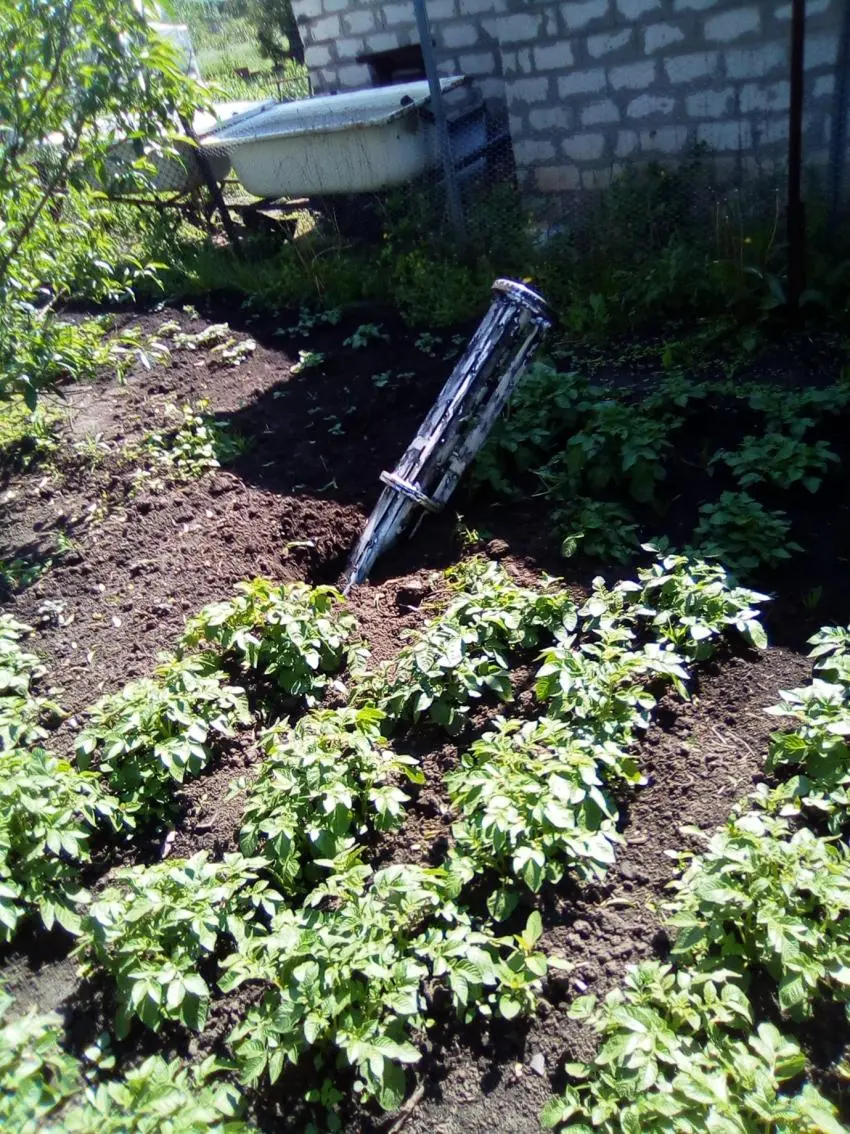
The Dubious Objectivity of Human Rights Watch and the Global Perspective
Let's examine the statements and reports of this organization over several years that pertain to the situation in Ukraine.
Human Rights Watch on the Harsh Treatment of Military Prisoners.
In the summer of 2022, a video was published where Russians castrated a Ukrainian soldier. However, Human Rights Watch did not comment on this case. Instead, they accused the Ukrainian side of cruel treatment towards Russian prisoners of war, issuing another manipulative report on the matter.
The captors have a mix of uniforms, weapons, and gear and no clearly identifiable insignia. Whether these individuals are part of the regular army, a territorial defense unit, or another force remains unclear.
HRW noted the absence of clear identifying marks on the soldiers who are capturing the Russians. They also pointed out that everyone in the video is speaking Russian. However, in the subsequent text, the researchers try in every way to prove that these are indeed Ukrainian soldiers.
The text of the report doesn't appear overtly biased, but at the same time, it provides no direct evidence of guilt on the part of the Ukrainian soldiers. On several occasions, HRW alludes to the guilt of the Ukrainian side.
All the information in the videos that suggests abuse, and maybe worse, of POWs needs to be subject to an effective investigation,” said Aisling Reidy, senior legal advisor at Human Rights Watch. “It should be possible to verify if abuse took place, and from there to hold those responsible to account.
It's also important to note that the text of the report doesn't mention any instances of Russian occupiers torturing Ukrainian civilians or military personnel. From the perspective of this text, the Russians are the aggrieved party.
"Human Rights Watch's 'Special' View on Ukrainian Refugees: A Twist in Line with Russian Propaganda"
At the onset of the Russian full-scale invasion, Human Rights Watch published a series of articles (1, 2, 3), in which they claim an unequal treatment towards Ukrainian refugees and refugees from the Middle East, seemingly favoring Ukrainians.
Criticism of the shutdown of propaganda channels.
The 2021 year. In another publication, Human Rights Watch ponders whether Ukraine has the right to shut down propaganda channels on its own territory that were financed by Viktor Medvedchuk and promoted Kremlin narratives and Russian propaganda. From the perspective of Human Rights Watch, this “raises complex issues.”
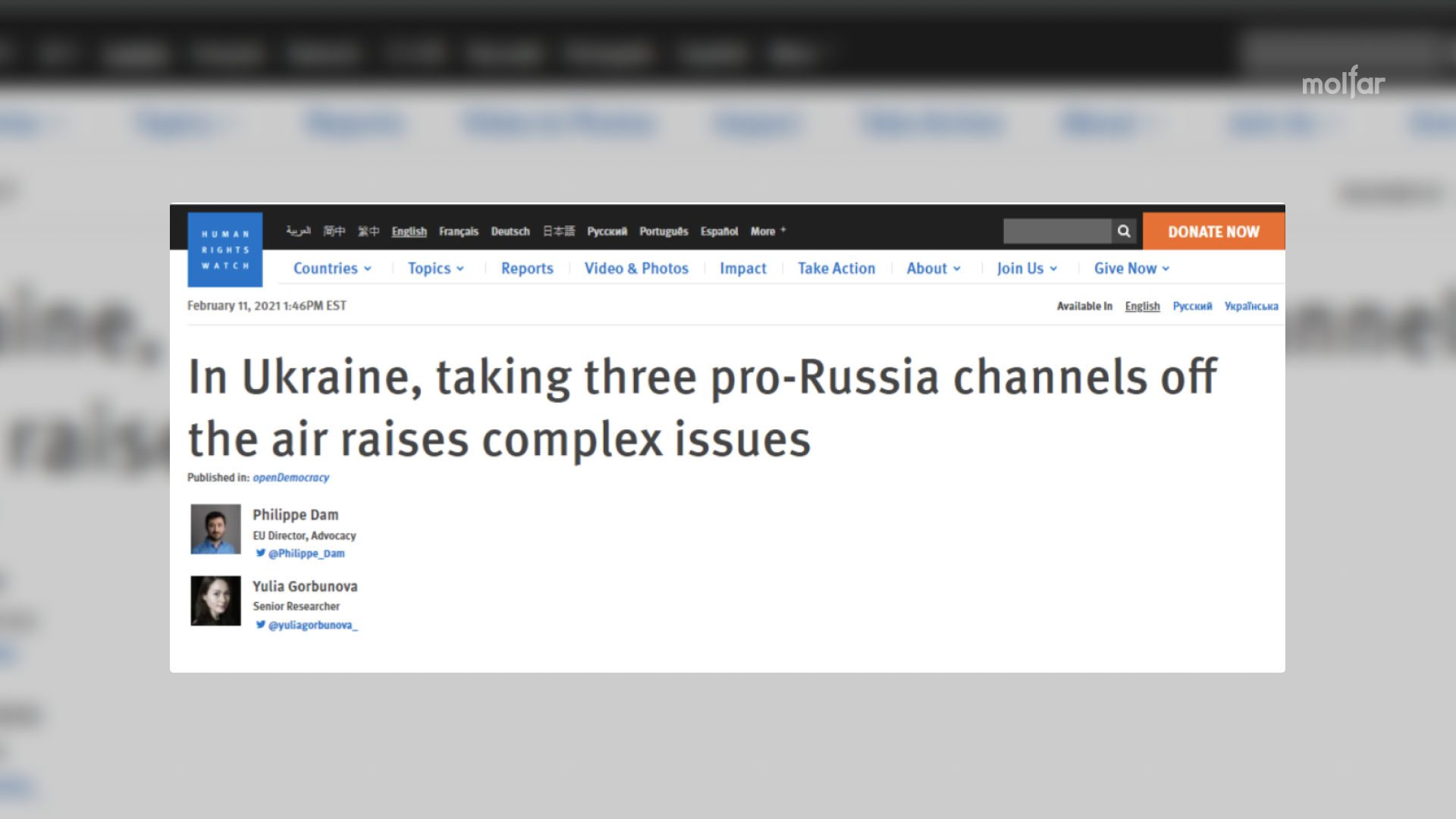
In May 2017, Human Rights Watch called on the then-President of Ukraine, Petro Poroshenko, to lift the ban on Russian social networks. Perhaps Human Rights Watch decided itthat this was discrimination, as it seemed that it would be slightly more difficult for Russian special services to find information about Ukrainians.
Accused the Armed Forces of Ukraine of Attacking Schools
2016 year. In its report, HRW effectively equated the Armed Forces of Ukraine (AFU) with terrorists — accusing Ukrainians of indiscriminate attacks on schools using heavy artillery, mortars, and rockets. In this same report, the organization de facto recognized the authority of the terrorists of the so- called "dnr" and "lnr".
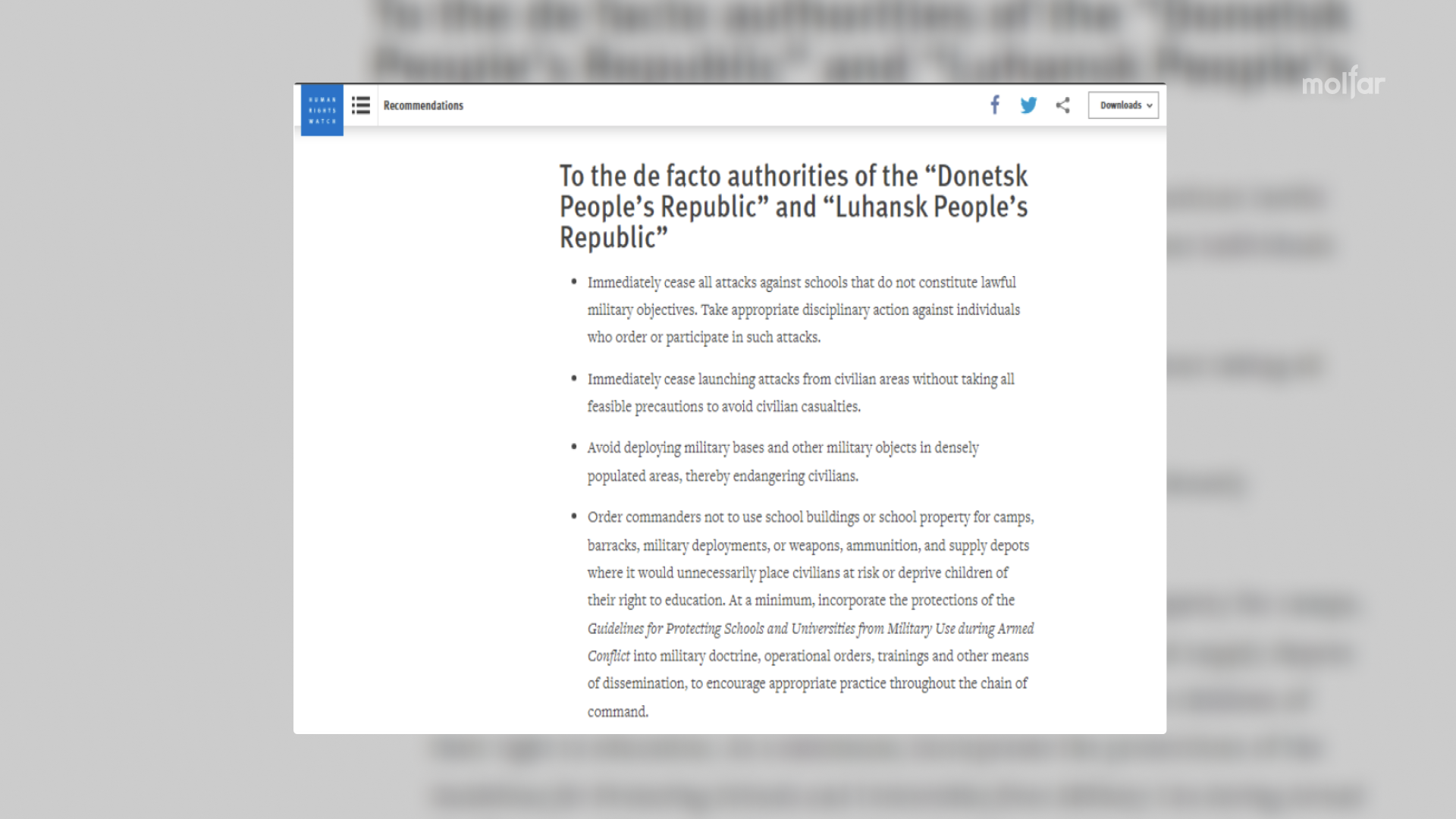
At the same time, HRW stubbornly ignores the fact that the Russians, who call themselves the "DNR" military, are not shy about placing their headquarters in schools and kindergartens. Previously, we dug into a post on our Instagram, where we provided several facts regarding this.
A Plea for Simonyan's Entry into Ukraine: Human Rights Watch's Surprising Call
In June 2016, the organization once again appealed to Petro Poroshenko with a call to lift the ban on entry to Ukraine for 17 Russian journalists, including Margarita Simonyan. The headline of this article reads: "Revoke Sanctions, Respect Media Freedom."
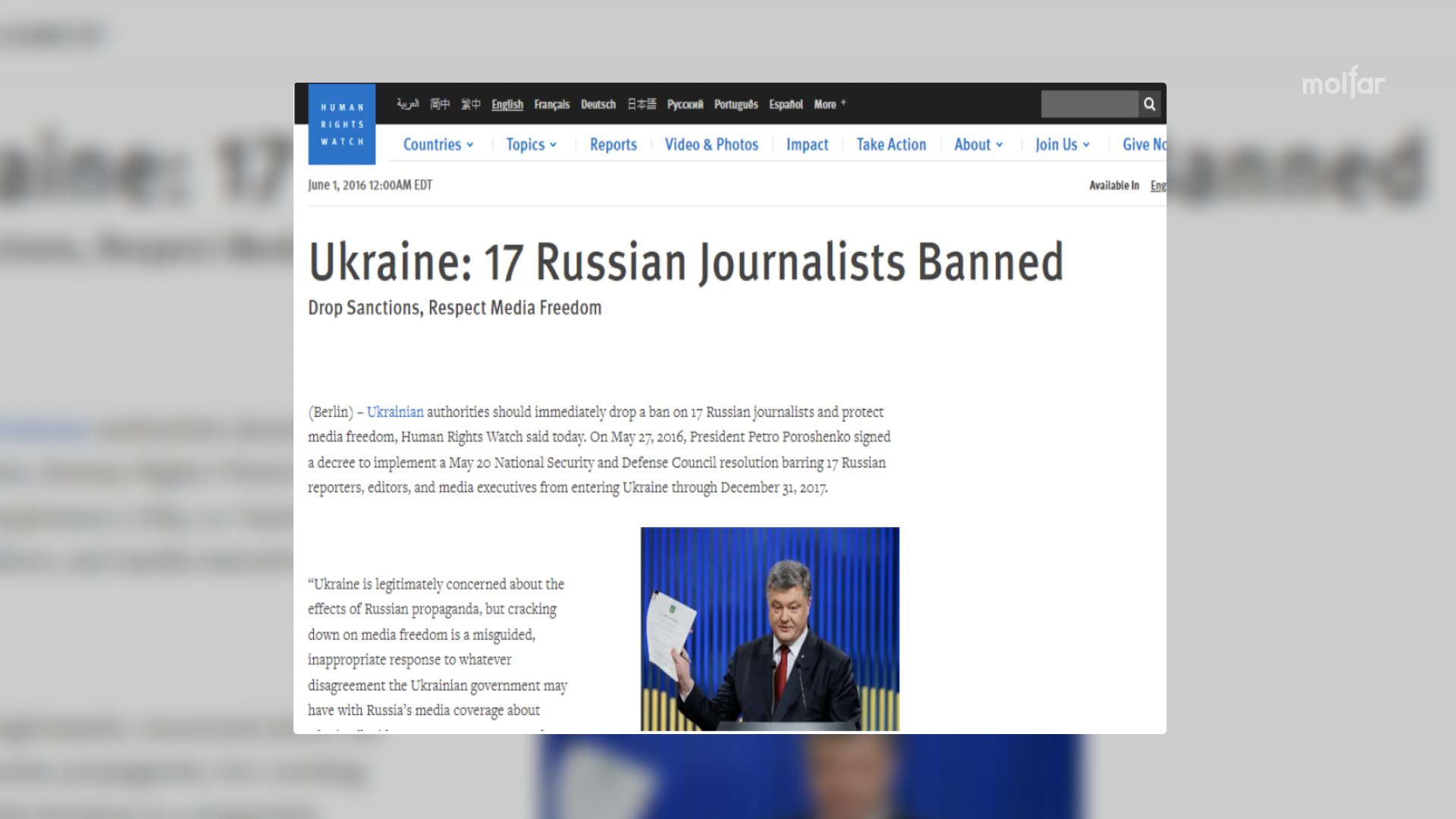
Advice for Yanukovych
In 2014, as the events of the Revolution of Dignity were unfolding in Ukraine, HRW was not idle, although their reports raise questions about whether they truly stand for freedom, democracy, and human rights. Senior HRW researcher, Yulia Gorbunova, in her article, gives "advice" to then-Ukrainian President Viktor Yanukovych, using phrases like: "Police need to distinguish between those who are fighting and those who are not." No matter how you translate it, this statement comes across as highly ambiguous. Particularly considering that the next day, on February 20, 2014, 48 peaceful participants in the Revolution of Dignity were fatally wounded.
Controversial Publications in 2014
Throughout the year 2014, a similar contentious tone was present in the publications. Human rights defenders were advocating for detained propagandists while accusing the Ukrainian side of aggression and excessive use of force. Here are just a few examples of their questionable claims during that year:
- October 2014 - Accused Ukraine of shelling Donetsk with cluster munitions;
- May 2014 - Called for the release of propagandist Artem Illarionov;
- May 2014 - Urged to allow pro-"lnr" and "dnr" supporter Graham Phillips to work as a journalist;
- May 2014 - Expressed concern over a photo of Oleg Lyashko alongside detained "Minister of Defense" of the "DNR" Igor Kakidzyanov;
- April 2014 - Urged Acting President of Ukraine Oleksandr Turchynov not to sign the law on the lustration of courts.
Having examined these facts, the impression of the organization's systematic bias is already forming. And this is just the beginning.
Is Human Rights Watch Objective in Different Parts of the World?
The answer to this question was highlighted by the Israeli research organization Monitor. They analyzed the activities of HRW in the Middle Eastern countries from 2002 to 2009.
In 2006, an explosion occurred on a beach in Gaza, resulting in the deaths of seven Palestinian civilians. NGO Monitor claims that almost immediately, without waiting for the results of an internal investigation, HRW (Human Rights Watch) accused Israel. The report was authored by military expert Marc Garlasco. However, when the investigation was completed and its findings were presented, the organization changed its position.
Similar biases were evident during the 2006 Lebanon-Israel War. HRW rushed to condemn Israel for its military operation without considering that it was provoked by Hezbollah's attack from Lebanese territory. Hezbollah is recognized as a terrorist organization by the United States, Canada, the European Union, Egypt, and the Arab League since March 2016.
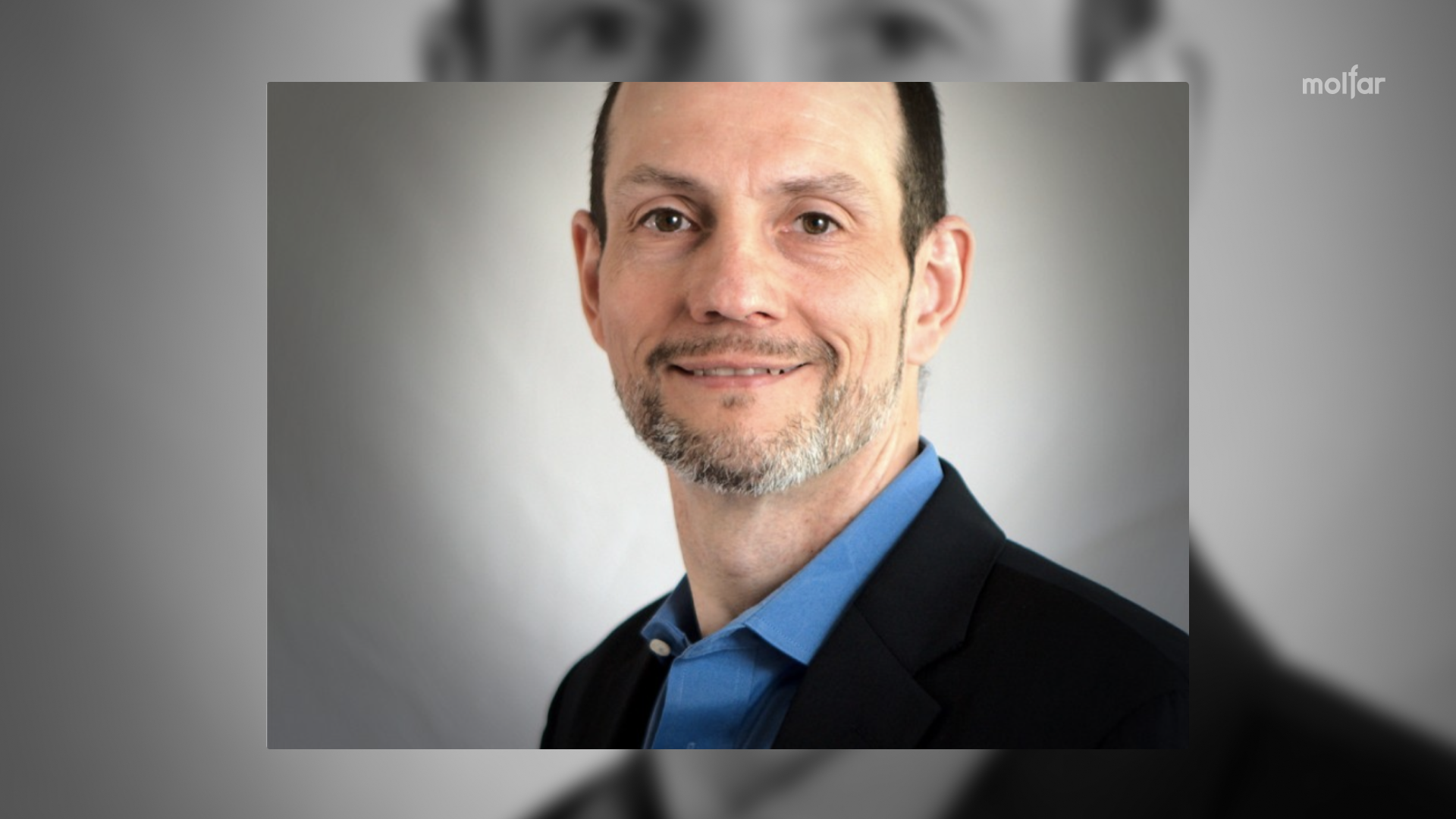
The reasons for these abrupt reports against Israel became clear in 2010. It was revealed that the military expert who worked on many reports about Israel - Mark Garlasco - was a collector of Nazi memorabilia.
Mark was an active user on thematic forums under the nickname "Flak88," leaving comments like "That is so cool! The leather SS jacket makes my blood go cold it is so COOL!" Journalists found "hundreds and even thousands" of his posts on similar thematic forums.
The Israeli government called this situation a new low for HRW. The reaction of Israelis was particularly sharp, especially in light of the questionable investigation of the incident on the beach in Gaza in 2006. HRW initially defended Mark Garlasco but later completely removed him from his position.
In 2009, Human Rights Watch faced sharp criticism for fundraising in Saudi Arabia, a country known for its authoritarian regime.
Several reasons why Saudi Arabia is referred to as an authoritarian state:
- Absolute monarchy: All power is concentrated in the hands of the king.
- Limitations on political rights: Saudi Arabia has no parliament, and citizens do not have the right to vote for national laws or politicians.
- Restrictions on freedom of speech: The government controls all media outlets.
- Restrictions on religion: Islam is the state religion, and any deviations from the official faith are punishable by law.
- Limitations on women's rights: Women in Saudi Arabia face numerous restrictions on their rights and freedoms, although certain reforms have been introduced in recent years.
- Harsh punishments: For minor offenses, individuals may face amputation or stoning as punishments.
- Absence of civil society: The activities of independent civil organizations are limited.
Freedom House is an independent international organization based in the USA that monitors and promotes democracy, political freedom, and human rights worldwide. In their key publication "Freedom in the World," they rated civil and political rights in Saudi Arabia at 8 out of 100, placing it alongside countries like Somalia and Afghanistan. This means that the organization, which positions itself as a global advocate for freedom and openness, fundraises from dictators.
Questions also arise regarding donations from George Soros, known for his biases against Israel. In 2010, Soros announced a plan to grant HRW $100 million, which sparked additional criticism.
Moreover, departing from the question of Israel, many of Human Rights Watch's actions and reports show biases and ambiguities. For instance, during the events in Honduras in 2009, significant human rights violations were registered after a military coup. HRW did not respond to these events, which raised concerns among Latin American scholars. Ninety academics signed an open letter expressing their concern about HRW's silence.
In 2012, the Ethiopian Human Rights Commission criticized HRW's report, which alleged systematic misuse of financial aid in Ethiopia.
Egypt also critisized HRW's publications about the mass killings of protesters in Cairo in 2014. Representatives of the organization were banned from entering the country.
There are significant suspicions of bias in HRW's reports on Bahrain. In 2023, Dr. Ali Rajab published an appeal exposing the "Al-Tajdid" sect and accusing its leader of human rights violations. The Bahraini prosecution took up the case, but HRW published a statement in support of "Al-Tajdid", ignoring the proposal for an independent investigation into the organization's activities.
Considering these facts, the question arises: does Human Rights Watch sometimes employ their reports for political influence? Do they suppress certain events and facts in favor of specific parties? And what is the cost of such actions?
HRW's funding sources and their connections with dictators
Human Rights Watch presents itself as an organization independent of government influence. Their leaders claim that all of their financial activities are based on contributions from private individuals and foundations worldwide. They assert that they do not solicit or accept government donations.
A significant portion of HRW's budget comes from targeted donations. In their reports, HRW mentions that they have investments in securities. However, some aspects of this financial puzzle do not entirely align with their claimed independence from governments. Specifically, NGO Monitor reports that in 2008, HRW received around $1 million from Oxfam NOVIB, an organization mainly funded by the Dutch government.
In 2009, HRW organized an event that further tarnished their reputation - a lunch with the participation of the Majlis ash-Shura, the consultative council of Saudi Arabia. Above, we have presented facts as to why this country is considered authoritarian.
It is also essential to note that HRW does not disclose the names of all its donors. Tracking all their financial flows is almost impossible. This lack of transparency creates significant room for speculation. In times when more and more organizations strive for openness and transparency regarding their funding sources, HRW does not seem to be in a hurry to reveal the truth.
Indeed, as an organization advocating for human rights on the international level, HRW should have demonstrated an example of transparency in their work, including financial relationships. Such an approach would have strengthened their credibility. However, they have chosen a different path. This is particularly relevant in the context of the war that Russia initiated against Ukraine.
How Russia Influences Human Rights Watch Reports
Let's consider some instances where the organization criticized Ukraine. From 2014, when Russia initiated its aggression against Ukraine, until 2022, the organization consistently operated from their office in Moscow.
A Human Rights Watch employee, Yulia Gorbunova, says that it is likely that the Moscow office of the organization took on the task of investigating events in Ukraine in 2014. Already the following year, representatives from the Moscow office visited the territories of Donetsk and Luhansk regions that were occupied by Russia. It is unknown whether they had proper permission from the Ukrainian government.
The office in Moscow operated until April 2022. After that, the Russian Ministry of Justice revoked HRW's registration. However, the organization's leaders stated that they would continue their activities in Moscow regardless. Their social media activities are mainly directed towards a Russian-speaking audience.
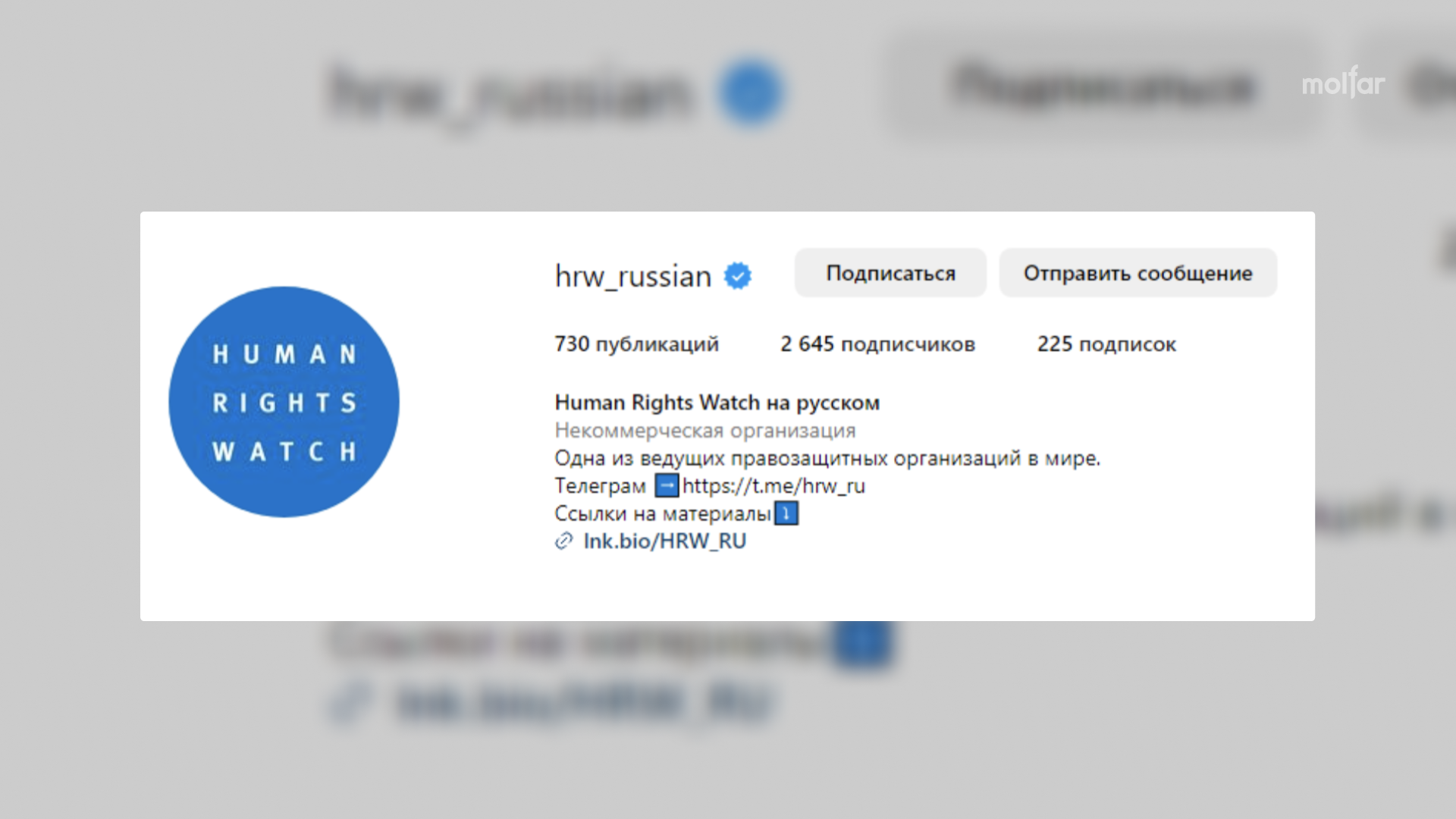
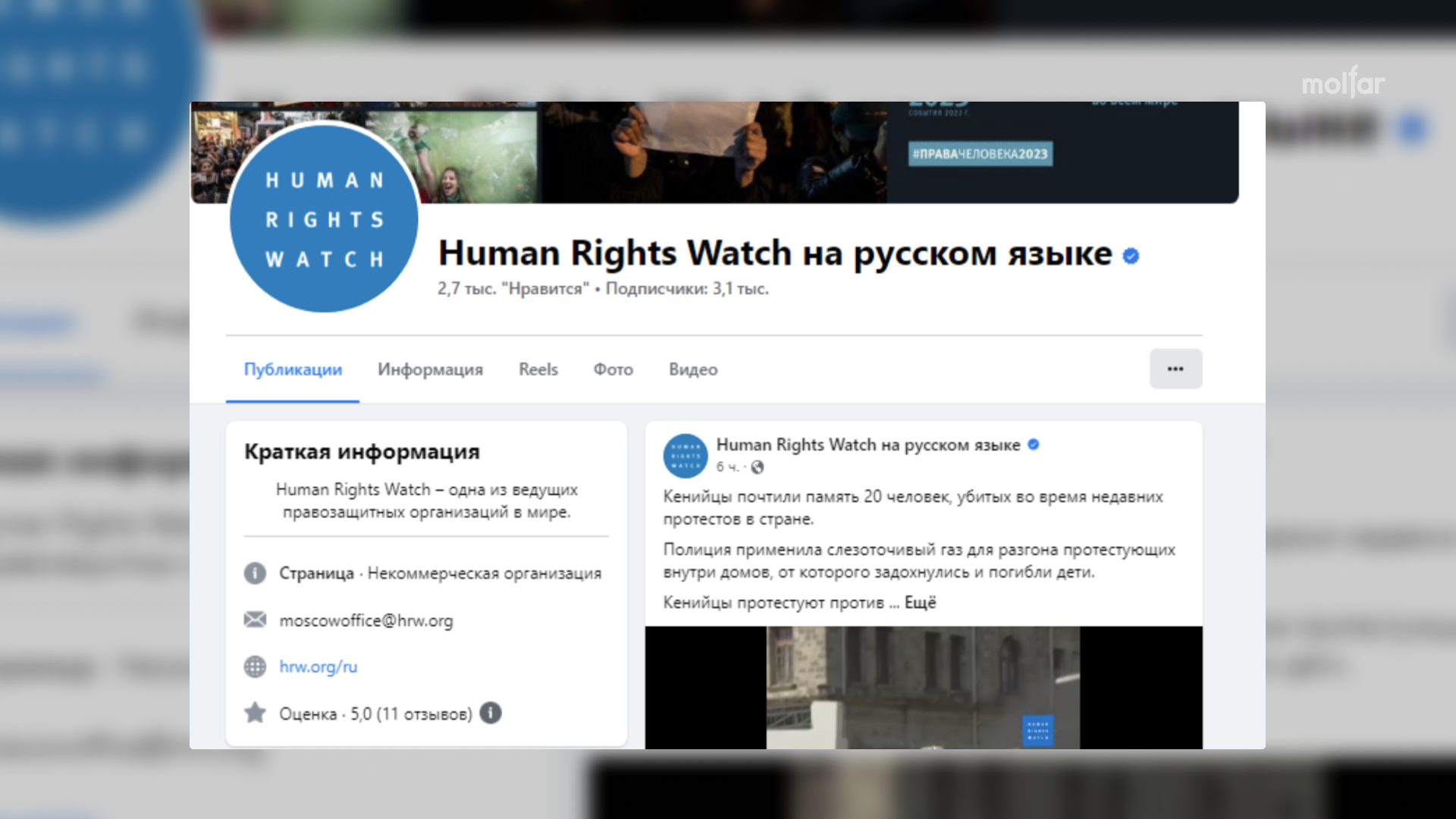
Their social media accounts (Twitter, Instagram, Facebook, Telegram) and official website have Russian-language versions. From April 2023 to July 2023, there were 25 publications related to Russia and Belarus, while only 5 were about Ukraine.
ATO Termed as "Internal Conflict," Reports on Ukraine Crafted from Russia

Yulia Gorbunova (Горбунова Юлия Александровна) (born on December 9, 1979) is a citizen of Russia and a senior researcher in the Europe and Central Asia division, focusing on Ukraine, Russia, and Belarus. In 2014, in an interview with hromadske.tv, she mentioned that HRW viewed the Anti-Terrorist Operation (ATO) in eastern Ukraine as an internal conflict and that their research at the time focused on violations by Ukrainian military forces. In 2015, during an HRW press conference, she accused the Ukrainian side of "indiscriminate use of weapons and civilian casualties." An excerpt from the press conference was published in a propagandistic piece by Russian television.
As of July 2023, she is heading the research direction on Ukraine and actively gives interviews (1, 2, 3) to foreign media outlets. During her activities, she does not mention her Russian origin. She is learning the Ukrainian language and likely positions herself as a Ukrainian, which is why she removed references to her education at Tyumen State University from her LinkedIn profile. According to an insider, she is subscribed to the @blokpostdonbass group on Telegram, which monitors the situation at checkpoints of the unrecognized "DNR" and the Ukrainian side, including the illegal checkpoints towards Russia. On her VK page, she is subscribed to a user named Andrey Viruchayev, a supporter of the Russian invasion - of Ukraine (1, 2). It is likely that Yulia visited Kharkiv and was photographed against the backdrop of a destroyed school (1, 2)

Tanya Cooper is originally from Kazakhstan and a former researcher at HRW focusing on Ukraine and Belarus. She worked at Amnesty International from 2005 to 2006 and joined HRW in 2007, initially working in the Moscow office and later becoming a researcher in Kyrgyzstan in 2011. From May 2013 to November 2018, she worked as a researcher covering Ukraine, Russia, Belarus, and the Baltic Sea countries. During her tenure, she criticized the actions of the Ukrainian Armed Forces and the Ukrainian government (1, 2, 3). In May 2017, after her critique of the blocking of Russian social media in Ukraine, journalist Vitaliy Portnikov publicly suggested that she might be recruited by the Russian Federal Security Service (FSB).
HRW Leadership's Links with Russia
Let's examine the individuals who hold positions in the leadership of the Human Rights Watch organization. Their biographies, connections, and perspectives may reveal more than the organization's declarative statements. It is essential to understand the unseen threads that connect them to specific political forces and interests. It is particularly important to pay attention to the links some of these figures have with occupiers, especially with Russians.
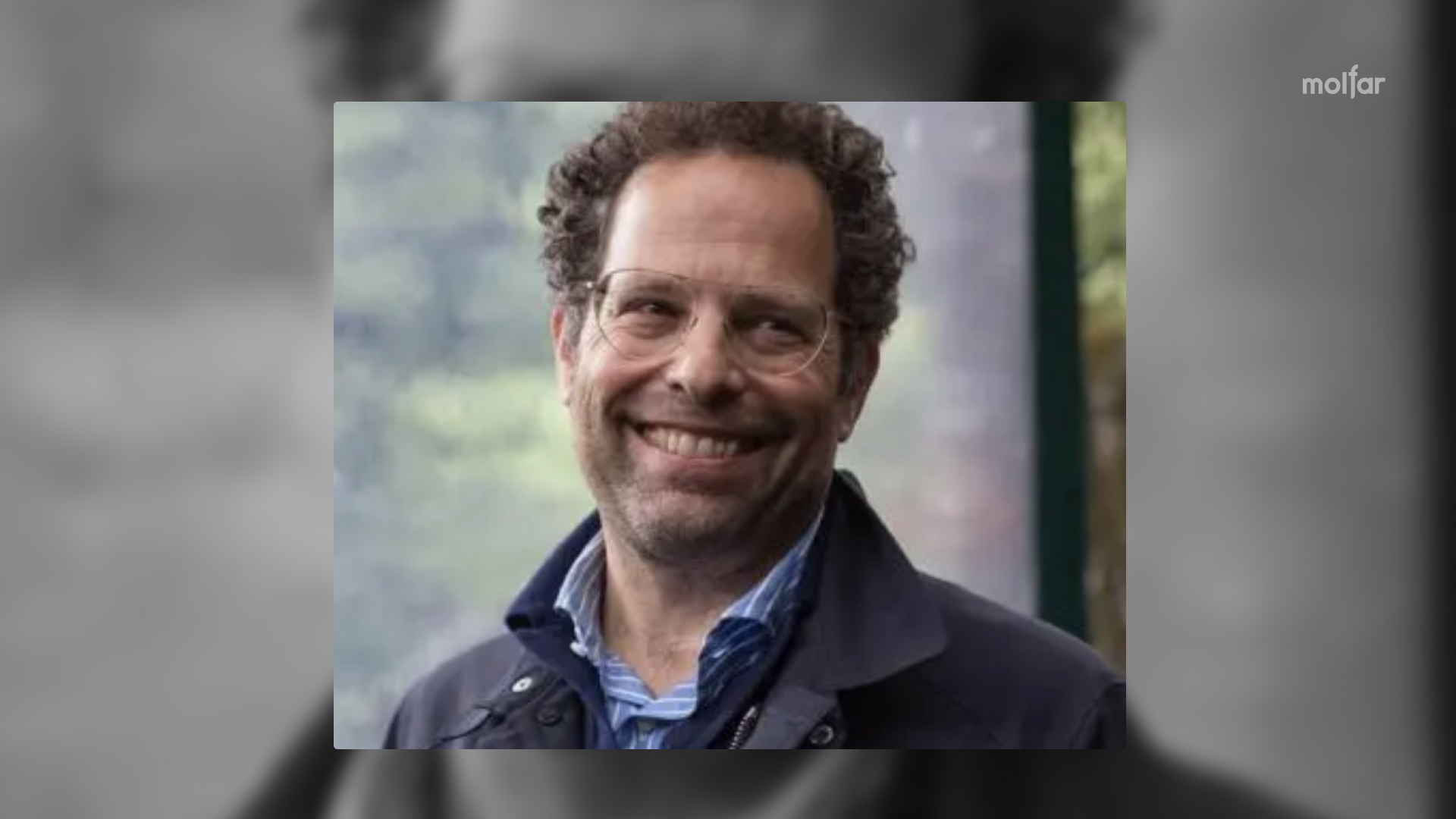
Neil Rimer (Inst, TW, Foursquare) - Co-Chair of the HRW Board of Directors, founder and partner of Index Ventures, an investor in OZON.ru. In March 2022, Index Ventures announced that it was leaving the Russian market and would support companies that choose to relocate their businesses from Russia.

Bruce Simpson - Deputy Chair of the Human Rights Watch Board of Directors and Senior Advisor at McKinsey&Co. In 2014, McKinsey&Co continued to operate in Russia and worked with the Russian defense conglomerate "Rostec," which produces ammunition for the war in Ukraine. At the same time, while cooperating with "Rostec," the company provided consultations for the Pentagon, leading to accusations of a hidden conflict of interest. In their defense, McKinsey & Co claimed that their work with "Rostec" was solely focused on commercial and operational matters unrelated to the production of weapons. In May 2022, the company announced that it had completely exited the Russian market.
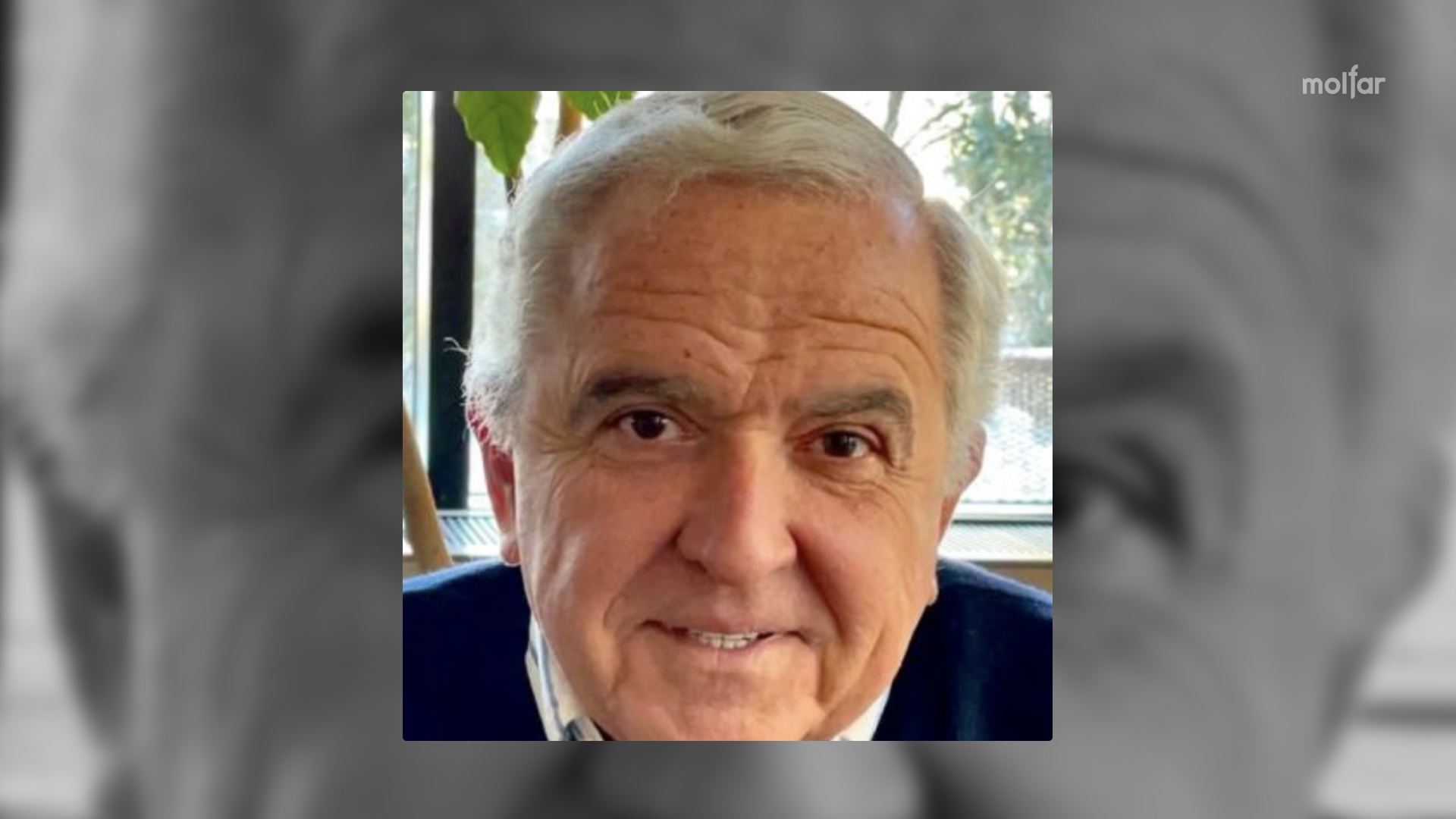
Roberto Danino (FB, Inst)- Member of the Human Rights Watch Board of Directors and Regional Advisor for Goldman Sachs, which has been operating in Russia since 1998. In March 2022, Goldman Sachs announced its exit from the Russian market, but as of January 2023, they were still reorganizing their assets in Russia. Goldman Sachs owned stakes in the Russian human resources company Headhunter and the real estate company Cian.

Kaitlyn Hasing - Member of the Human Rights Watch Board of Directors and Deputy Chair of the Heising-Simons Foundation. The foundation provides grant support to Floodlight Inc., an environmental organization that has been accused of having ties to Russia and spreading disinformation aimed at energy producers in Western countries.
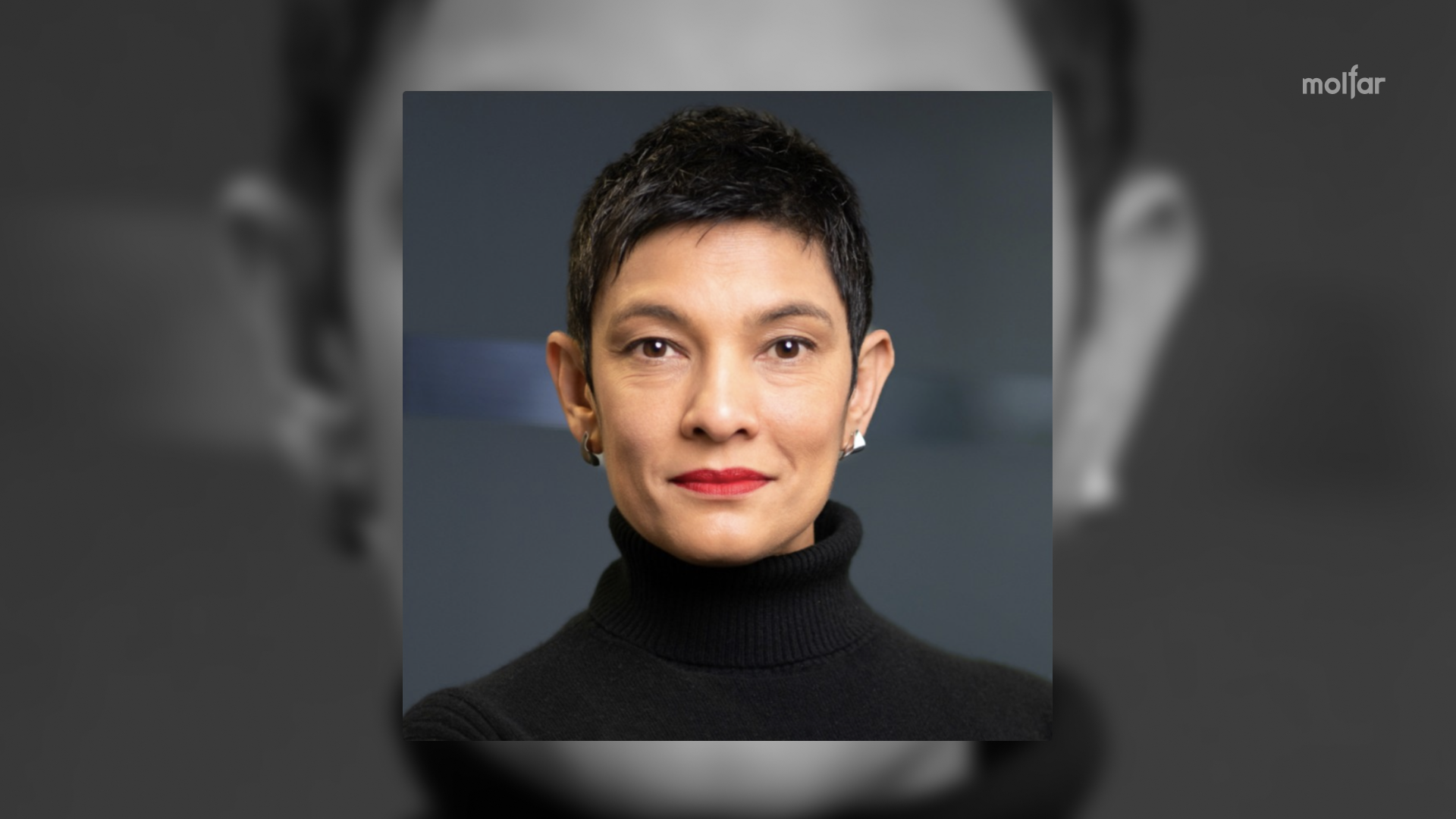
Tirana Hasan assumed the role of Executive Director of Human Rights Watch in 2023. Prior to that, from 2015 to 2020, she served as the Director of Crisis Response at the Russian office of Amnesty International, a human rights organization. The Russian office was embroiled in several scandals during its operation, including issues with office rent arrears and legal disputes related to the wrongful termination of an employee.
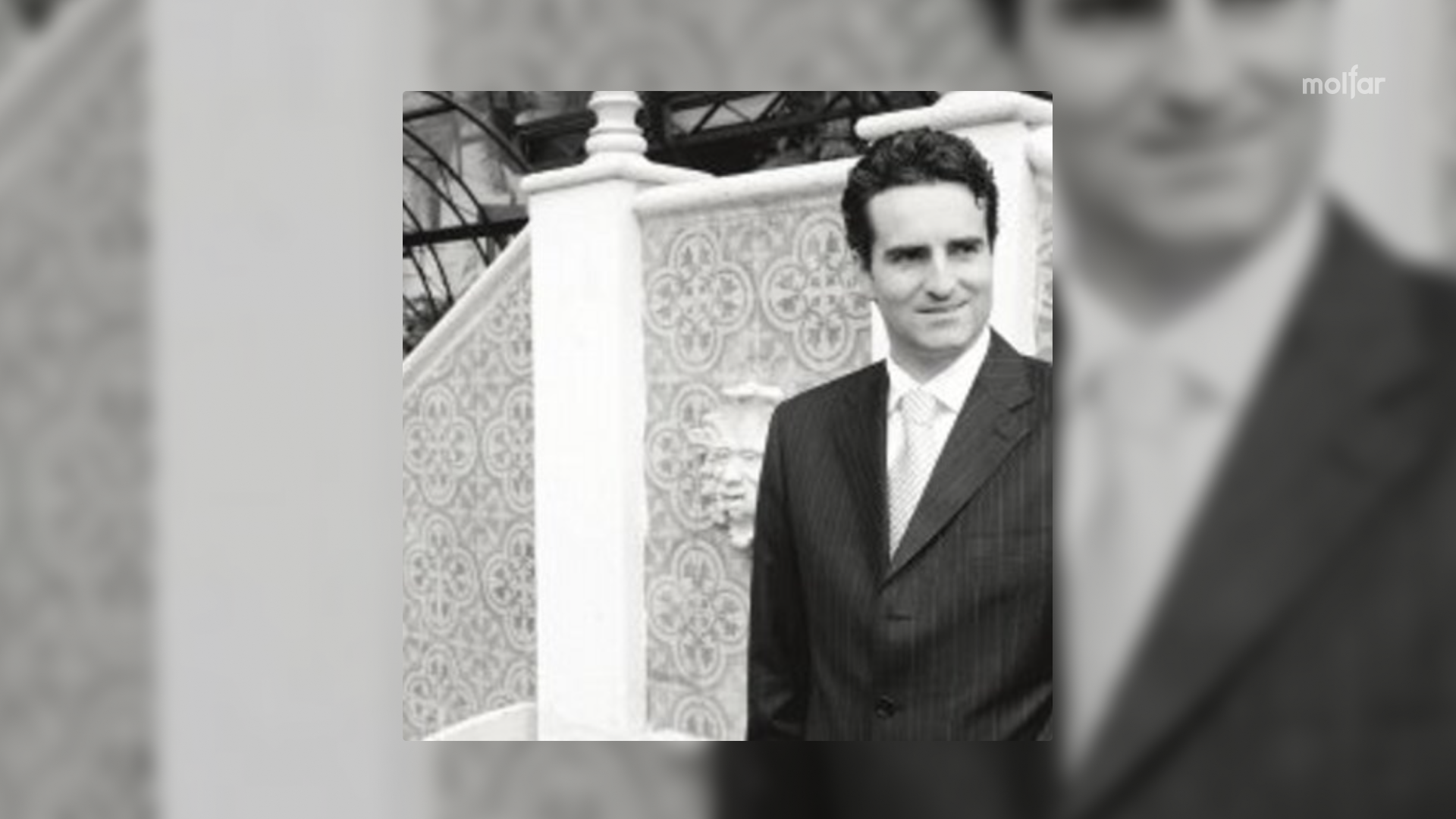
Bruno Stagno Ugarte is the Chief Advocacy Officer at Human Rights Watch and a former Foreign Minister of Costa Rica (2005-2010). After Russia's expulsion from the Council of Europe and the subsequent suspension of cases in the European Court of Human Rights, he publicly called for the establishment of a Special Rapporteur on Russia at the United Nations to protect the Russian population. He specifically appealed to Argentina and Mexico to support this proposal.
As we can see, these individuals have connections to Russia through their professional activities. Neil Rimer is an investor in OZON.ru, Roberto Danino serves as an advisor to Goldman Sachs, which has been operating in Russia since 1998, and Tirana Hasan previously worked in the Russian office of Amnesty International. Some of them, including Neil Rimer and Roberto Danino, are associated with companies that announced their withdrawal from the Russian market, but it has not been fully realized. Some of these companies' assets remain in Russia to this day. Caitlin Hasing, a member of HRW's board of directors, is connected to providing grant support to an organization accused of ties to Russia and spreading disinformation against Western energy producers.
Could connections with Russia through their professional activities, especially in the context of the war in Ukraine, influence their perception of the situation and the objectivity of the reports published by Human Rights Watch, in your opinion?
Criticism towards Human Rights Watch.
Human Rights Watch (HRW) is one of the largest international organizations dedicated to human rights. It was founded in 1978 in the USA as Helsinki Watch. This organization was established to monitor the compliance of the USSR with the provisions of the Final Act of the Conference on Security and Cooperation in Europe (Helsinki Accords).
Robert Bernstein is indeed a prominent human rights activist and founder of Human Rights Watch (HRW). In 2009, Bernstein publicly criticized the current leadership of the organization.
In this material, he particularly pointed out that Human Rights Watch increasingly defends Arab tyrants rather than freedom and basic human rights. This article could be a blow to the reputation of the once respected organization in the world.
In the same article, Robert Bernstein provides examples of 17 international organizations that also criticized the activities of HRW. One such example is Kenneth Roth, who was the head of HRW until 2022.
"You are not a state; you are a leader of an international human rights organization whose role is to report on human rights violations, a noble and necessary task that you increasingly neglect. You say, 'It is important to support elements of political Islam that respect rights, while firmly opposing repression in its name,' but you do not demand the most basic human rights guarantee - the separation of religion from the state. You... do not seem to care about the rights of women, gays, and religious minorities, mentioning them only as follows: 'Many Islamic parties have indeed taken alarming positions that would subordinate women's rights and restrict religious, personal, and political freedoms. But so have many autocratic regimes supported by the West.' Are we really going to set the bar so low? This is the voice of an apologist, not a leading human rights defender."
- Open letter signed by 17 international organizations.
Human Rights Watch almost did not respond to criticism in their favor. In 2009, they issued a statement in which they linked the criticism of their activities to the reports they had issued on the Gaza war. HRW also noted that all this criticism was organized effort coming from various directions with similar arguments.
Conclusions
On its journey, Human Rights Watch has indeed achieved several significant milestones. Among them are the establishment of "watch committees" that ensured systematic monitoring of human rights violations in different regions of the world and the development of human rights monitoring standards. The organization has also fought against child labor in countries like Bangladesh and India.
However, today, the organization is experiencing a period of decline. Its ability to exert pressure on governments and international organizations was initially a key advantage in combating violence and injustice. Now, it has become a lever for abuses. With changes in the global context and increasing criticism, HRW remains opaque and subjective.
Can the current Human Rights Watch continue its mission to protect human rights?

